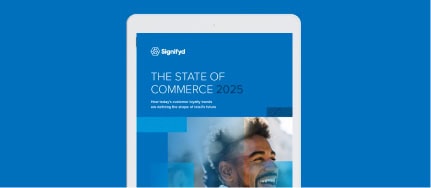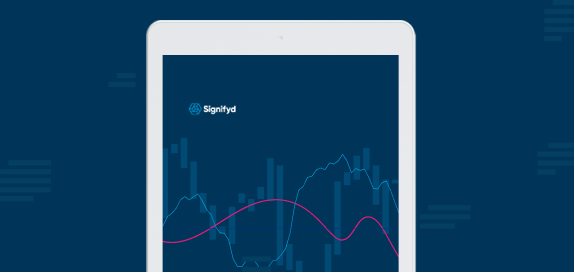Press Release
Mexico experienced a 220% increase in attempted ecommerce fraud attacks during its pandemic peak, calling for new strategies for a new year
March 22, 2022 11:30 AM Eastern Daylight Time
MEXICO CITY–(BUSINESS WIRE)–As online retailers across Mexico operate during a year in which ecommerce is projected to continue its rapid growth, they will look to increase online revenue against a backdrop of increasing fraud attacks. Fraud pressure reached its pandemic peak at a level 220% higher than pre-pandemic times. That was accompanied by a transformation in the kinds of attacks retailers are seeing, according to a detailed account of fraud trends in Mexico published today by Signifyd, the market leader in commerce protection.
Signifyd has released a new report showing that Mexico experienced a 220% increase in attempted ecommerce fraud attacks during its pandemic peak, calling for new strategies for a new year.
Among the other key findings in the e-book “El crecimiento del e-commerce en México y el fraude: Nuevas oportunidades y nuevos desafíos” are:
- Account takeover fraud has been on the rise, reaching a 239% increase during 2021.
- Bold fraudsters are finding new ways to digitally steal products while inside retailers’ physical stores. Fraud attacks launched from in-store kiosks were up 149% year-over-year.
- Automated bot attacks rose 146% in 2020, a global trend that shows few signs of letting up.
- Fraudsters have broadened their targets and are increasingly attacking the entire buying journey, from account creation to post-purchase returns in order to keep retailers off-balance when it comes to fraud prevention.
- The high level of fraud pressure and the variety of attack vectors have prompted the banks that facilitate online payments to become conservative in approving orders, Mexico’s low order-authorization rates indicate.
The trends appear to be signs of the growing sophistication of ecommerce fraud in Mexico. As retailers improve their fraud protection defenses, fraudsters and consumers looking to take advantage of retailers have responded in kind.
“Overall, what I’ve noticed this year is that the fraud we are seeing has become more complex, particularly with the occurrence of account takeover fraud increasing,” said Luz Cervantes, Signifyd manager of risk intelligence. “So many more accounts can and are being compromised across the board and I don’t see it stopping anytime soon.”
The COVID-19 pandemic and the resulting lockdowns ushered in a new “golden era of ecommerce” – and a lot of room for fraud. As consumers turned more frequently to online shopping, ecommerce became a bigger share of total retail revenue.
That creates an extra challenge for Mexican retailers because online order authorization and approval rates lag behind other regions of the world. Banks in Mexico decline 37% of orders at the authorization stage, the e-book says.
Signifyd’s e-book does not stop at presenting the challenges retailers will face in 2022. The report also shines a light on new approaches to fraud by forward-focused retailers. It offers a playbook for how to increase order approvals and a framework for thinking about fraud pressure through the course of the year and by various retail verticals.
Lais Lima
Marketing Manager, LATAM
Signifyd
[email protected]
Lynette Mújica
Relaciones Públicas
Dialogue
[email protected]
About Signifyd
Signifyd provides an end-to-end Commerce Protection Platform that leverages its Commerce Network to maximize conversion, automate customer experience and eliminate fraud and customer abuse for retailers. Signifyd counts among its customers a number of companies on the Fortune 1000 and Internet Retailer Top 500 lists. Signifyd is headquartered in San Jose, CA., with locations in Denver, New York, Mexico City, Belfast and London.







